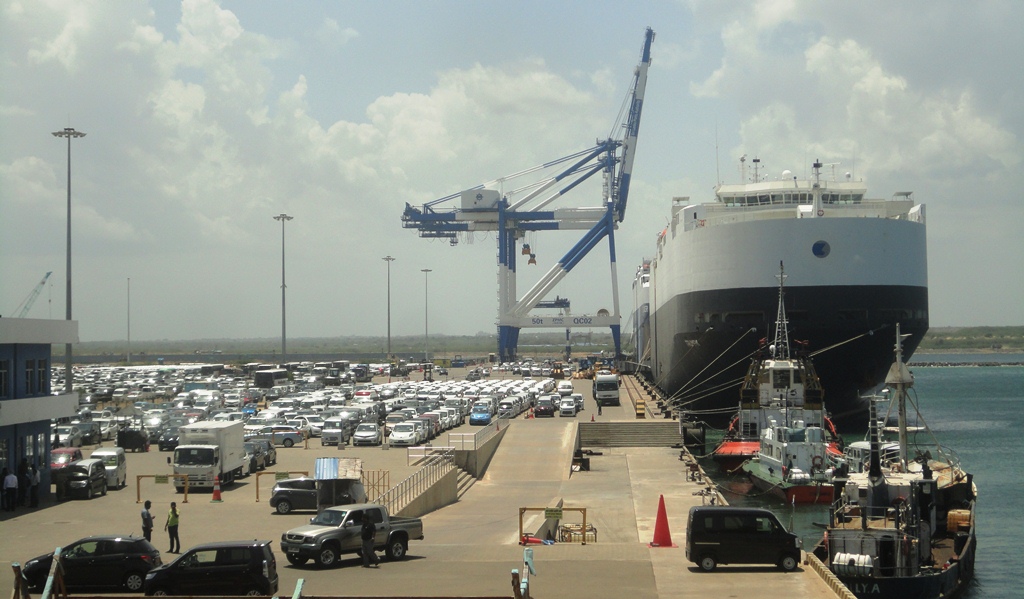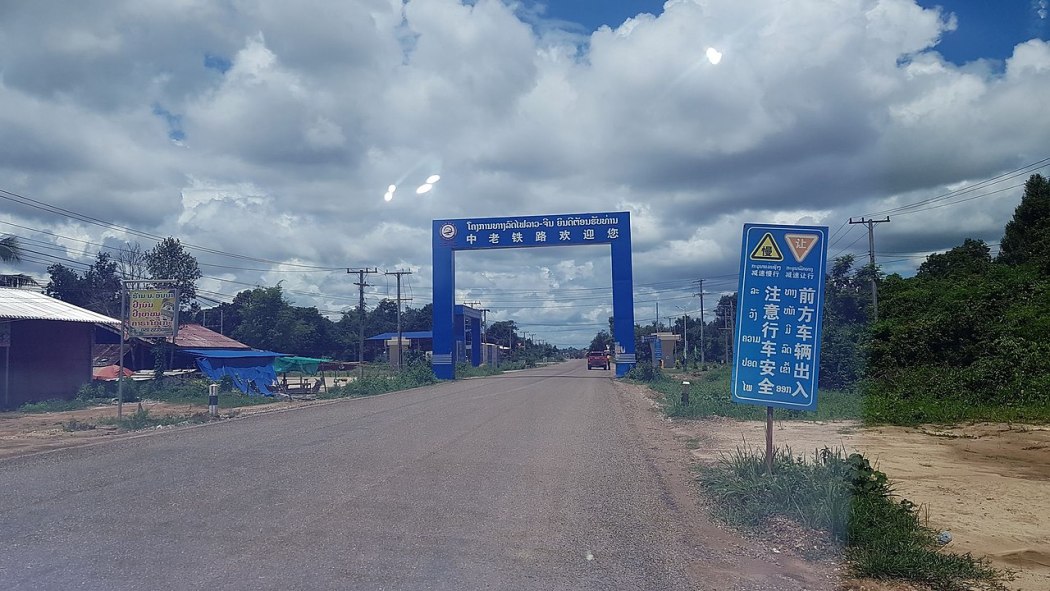China has handed out $240 billion worth of bailout loans to 22 developing countries at risk of default over the past two decades, with the trend accelerating in recent years, a report said Tuesday.
Almost all the funds went to Belt and Road Initiative (BRI) countries such as Sri Lanka, Pakistan and Turkey — mostly low- and middle-income nations that have received Chinese loans for infrastructure development, according to the study.

The 40-page report by the US-based research lab AidData, the World Bank, the Harvard Kennedy School and the Kiel Institute for the World Economy showed bailout loans had accelerated between 2016 and 2021, with Beijing doling out 80 percent of its rescue lending in that period.
Around the world, BRI nations have come under strain as soaring inflation and interest rates, compounded by the lingering impact of the Covid-19 pandemic, have hurt their ability to repay debts.
The bailouts allow the countries to extend their loans and remain solvent, the report said.
China says more than 150 countries have signed up to the BRI, a trillion-dollar global infrastructure push unveiled by President Xi Jinping a decade ago.
Beijing says the initiative aims to deepen friendly trade relations with other nations, particularly in the developing world.

But critics have long accused China of luring lower-income countries into debt traps by offering huge, unaffordable loans.
“China has developed a system of ‘Bailouts on the Belt and Road’ that helps recipient countries to avoid default, and continue servicing their BRI debts, at least in the short run,” the report said.
Opaque
In comparison to the International Monetary Fund and the vast liquidity support extended by the US Federal Reserve, China’s bailouts remain small but are growing quickly, according to the AidData report.
“Beijing has targeted a limited set of potential recipients, as almost all Chinese rescue loans have gone to low- and middle-income BRI countries with significant debts outstanding to Chinese banks,” its authors wrote.

The report warned that Chinese loans tend to be more opaque compared with other international lenders of last resort — and often come at an average interest rate of five percent, compared with a typical two percent rate on an IMF loan.
Many such agreements were so-called “rollovers”, in which the same short-term loans are repeatedly extended to refinance debts about to come due.
China’s foreign ministry hit back at the criticism on Tuesday, accusing “some people” of “hyping up so-called Chinese ‘debt traps’ and opaque loans, and slinging mud at China, something that we absolutely do not accept”.
“China… has never forced any party to borrow money, has never forced any country to pay, will not attach any political conditions to loan agreements, and does not seek any political self-interest,” spokeswoman Mao Ning said at a regular press briefing.
China this month agreed to restructure its loans to Sri Lanka, clearing the way for an IMF bailout of the island nation that lists Beijing as its biggest bilateral creditor.
Support HKFP | Policies & Ethics | Error/typo? | Contact Us | Newsletter | Transparency & Annual Report | Apps
Help safeguard press freedom & keep HKFP free for all readers by supporting our team

LATEST FROM HKFP
HKFP has an impartial stance, transparent funding, and balanced coverage guided by an Ethics Code and Corrections Policy.
Support press freedom & help us surpass 1,000 monthly Patrons: 100% independent, governed by an ethics code & not-for-profit.










